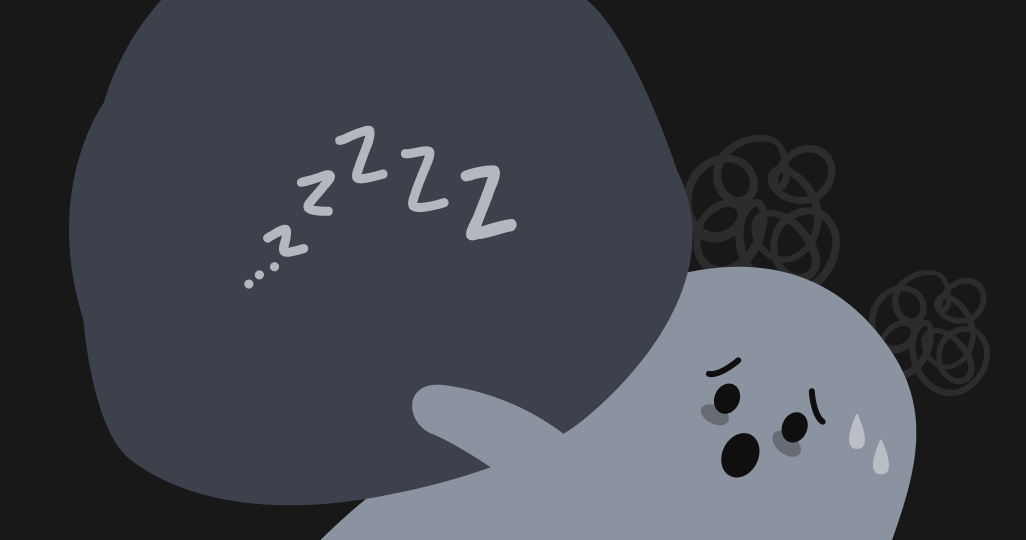Are you in "sleep debt"?
We often cut back on sleep—whether it’s because we have too much to do, need to study, or just want to have more fun. And we tell ourselves, “I’m fine with just 6 hours of sleep,” “I’ll just have more coffee tomorrow,” or “I can catch up on sleep over the weekend.”
But is that really true?
What is sleep debt?
Sleep debt is not just about missing a night or two of sleep—it’s a kind of "debt"1 that accumulates when sleep deprivation persists over time. For example, let’s say you need 8 hours of sleep each night to function at your best. If a busy schedule only allows you to sleep for 6 hours, it might not seem like a big problem for a day or two. However, if this pattern continues, sleep debt begins to build up. Just like financial debt, the more sleep you miss, the more you need to recover.
Simply sleeping in on the weekend does not fully erase sleep debt. Think about times when you still felt exhausted despite getting extra sleep. That lingering fatigue may be a sign that your sleep debt has accumulated over time.
What happens to your body when you don’t get enough sleep?

When sleep deprivation continues, the first thing you’ll notice is fatigue. However, even if you don’t feel tired, your brain and body still experience changes.2 No matter how awake you think you are, your concentration, reaction time, and memory may still be impaired compared to when you’ve had sufficient rest.3
Studies show that consistently sleeping less than 6 hours a night increases the risk of cardiovascular disease4 and diabetes5. While you cut back on sleep to keep up with your busy lives, your body may be quietly paying the price.
Sleep debt — we've all been there, right?
The term sleep debt might feel unfamiliar, but chances are, you’ve already felt its effects. Have you ever struggled to remember things or found yourself getting sick more easily during periods of poor sleep? Or maybe you’ve tried catching up on sleep over the weekend, only to wake up still feeling exhausted. These could all be signs of accumulated sleep debt.
The good news is, now that you understand it, you can start addressing it. Let’s start paying off this debt by taking better care of your sleep with Nightly. Start building healthy sleep habits with Nightly—starting tonight!
